
CEEGS 2023: Meaning and Making of Games
Date: 19.-21. October 2023
Place: Macromedia University
Nordstraße 3-15, 04105 Leipzig

Date: 19.-21. October 2023
Place: Macromedia University
Nordstraße 3-15, 04105 Leipzig

CEEGS (Central and Eastern European Game Studies conference) is a gathering of game scholars organised annually by DiGRA Central and Eastern Europe, but its thematic scope is not limited to regional topics, and it welcomes participants from anywhere in the world.
The 2023 conference will be hosted by Macromedia University in Leipzig, Germany.
In the roughly 50-year history of video games (and thousands of years of analogue games) both artistic and scholarly explorations of ludic phenomena have generated productive outcomes. While the practical side of game design gave the medium its life and offered many adventures for players to partake in, game studies have analysed these worlds, narratives, and games, as well as their social context to create a theoretical and cultural discourse surrounding the medium. How games produce meaning and function as cultural artefacts has been of the forefront of discussion, but also how this, in return, influences the making of games.
The question arises, however, whether these two fields can be seen as isolated enterprises (with one focussing on ‘creation’ while the other on ‘analysis’) or whether they have successfully worked together. After all, game design and theoretical discussions sometimes go hand in hand. There are many game design theories and handbooks, such as Salen and Zimmerman’s, but also artistic works that value a close collaboration between theory and design: for example, Paolo Pedercini’s at Molleindustria, Michael Mateas’ dissertation on interactive drama and the game Façade, Tracy Fullerton’s exploration of ecology in Walden: Life in the Woods, or Anna Anthropy’s account of gender Dys4ia. Most of the examples are from experimental game design, but if we are correct in assuming that theory, practice, avant-garde experimentation, and mass-market productions will sooner or later influence and complement each other, the question arises as to what new challenges will emerge at the intersection of game design and game studies, and how these can benefit from one another instead of creating an unbridgeable gap.
Games are a cultural phenomenon and often evoke controversial discussions that cannot be separated from academic debates. The Last of Us and Hogwarts: Legacy, for example, have generated intense debate about diversity and inclusivity in games and society at large, which points to the mutual influence that games can have regarding their culture, discourse, and design. Games, in other words, are inspired by real-life experiences, but they can equally shape societies through generating discourse and affecting the lives of millions of players.
This is more topical than ever, as games have delved into complex issues—such as mental health, politics, utopian and dystopian futures, diversity and gender, ecology and sustainability, monstrosity and posthumanism, etc.—and are exploring trajectories of modern art and fiction to scrutinise and explore the challenges of the contemporary societies, to warn about certain tendencies and, maybe, suggest solutions or pathways into a better future. The experience of play, then, shows a fundamental regenerative appeal to the human psyche—and in this regard, game designers and scholar alike share an ‘artistic responsibility’ to shape our future through creation, discourse, and action. Without game design there are, of course, no game studies, but game studies and culture may equally shape the design of games and society—with a rapidly changing world, facing new challenges such as AI, automation, new forms of warfare, climate change, continuous racism, as well as diversity issues, and so on.
We therefore cordially invite scholars, researchers, and game design professionals to submit proposals for presentations exploring the intersections between game studies and game design—their challenges, future potentials, and prospect of a fruitful dialogue to learn and benefit from each other.
How games shape human discourse about society and contribute to new forms of game design and development; how they negotiate certain topics such as gender diversity, ecology, AI, human and nonhuman, politics, human philosophy.
Game analytics and player behaviour, preferences, and the multifaceted effects of games and play.
Cultural and ecological constructions and representations of gameworlds and the ways in which these worlds reflect and shape our understanding of reality; how gameworlds negotiate empirical reality, what elements (aesthetic, artistic traditions, etc.) they borrow, and how they re-arrange them in a coherent gameworld.
Artistic history and cultural expression in character design, diversity, stereotypes and breaking with them; representation of gender, monstrosity, etc., and the impact of these representations on players and society.
Recurring plot structures, master narratives; how ancient, literary, and transmedia plot structures influence the design of games, and how they shape our understanding of storytelling and ways of communication in the digital age.
…and their relation.
Mechanics as metaphors; games as miniature-labs for systemic confrontations, learning from systems and cultural ramifications; if games can be seen as miniature laboratories that teach systematic thinking, which new ludic developments will influence our established systems? Which new systems will emerge and how may game design help?
Investigating the production processes involved in the creation of games, with a focus on the ethical, ecological, social, and political implications of these processes.
Intercultural aspects, confrontations, groupings and forum discussions about games and culture and their interaction with game designers.
The homo ludens as a new labourer and the use of game design elements in non-gaming contexts.
How AI may inform and help game design; how AI may help in the creation of systems and meaning production; questions of authorship, etc.; the potential of virtual and augmented reality for game design and player experience.
Examining how game design can be made more accessible to players with disabilities, and how games can promote diversity and inclusivity.
Avant-garde experimentation in games and their theoretical input for game studies; serious games, health games, etc.; examining the impact of these games on players and society.
Game preproduction and research, and their influence on game design and AAA productions.

Macromedia University has approximately 5,000 students and more than 120 professors at eight locations in the German cities of Berlin, Cologne, Frankfurt, Freiburg, Hamburg, Leipzig, Munich and Stuttgart. The bachelor’s and master’s degree programmess cover the entire spectrum of management, media, art and creativity.
The University cooperates with more than 500 interdisciplinary partners from the business world. These include well-known companies such as the Microsoft software group, the legendary car brand Mini and RTL media group. Smaller companies and innovative start-ups are also part of the Macromedia University network. This gives students a realistic impression of the working world and the best career prospects.
Adress:
Hochschule Macromedia
Nordstraße 3-15
04105 Leipzig
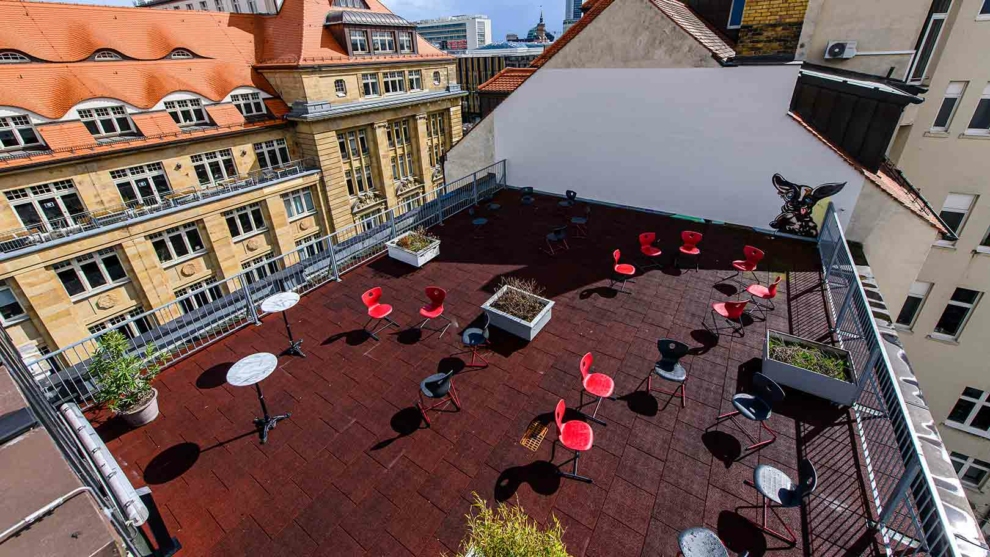
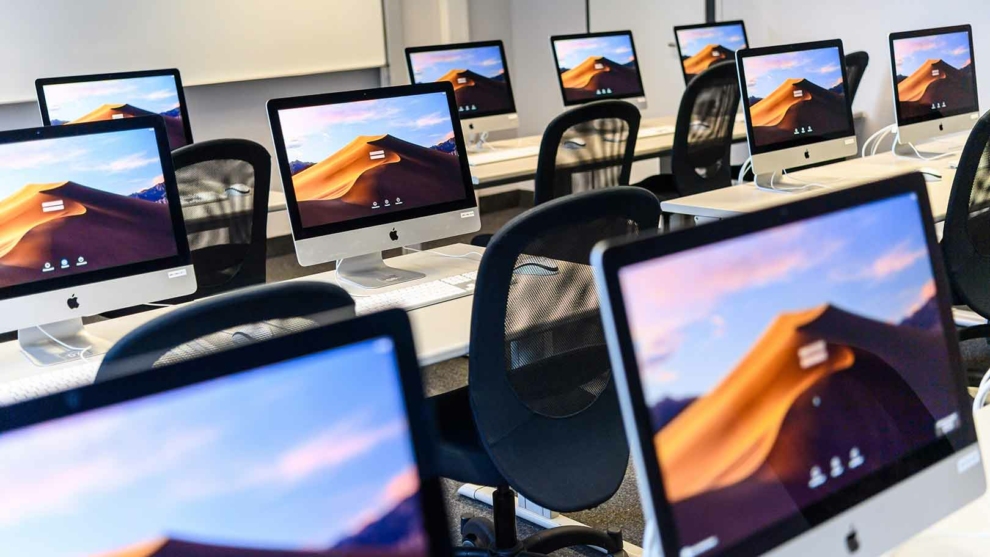
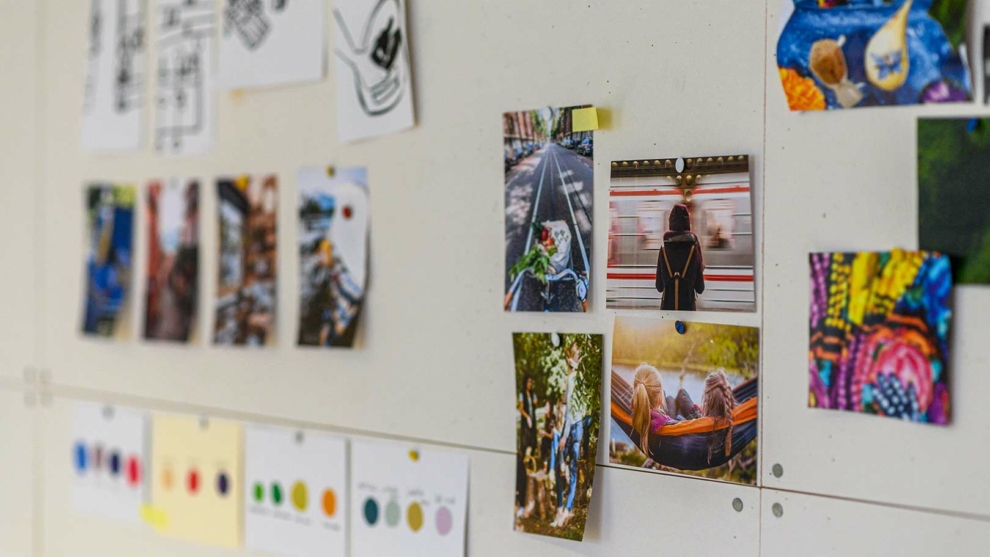
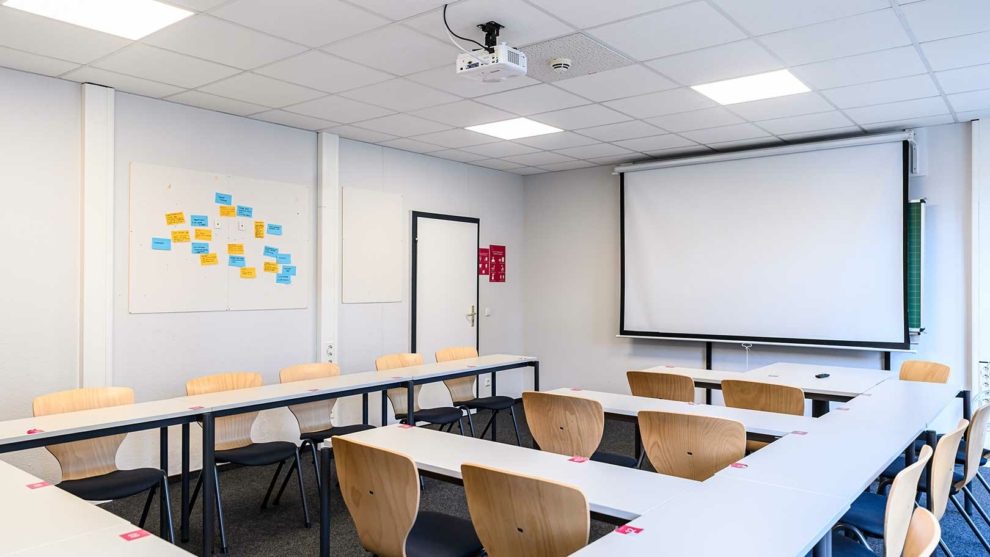
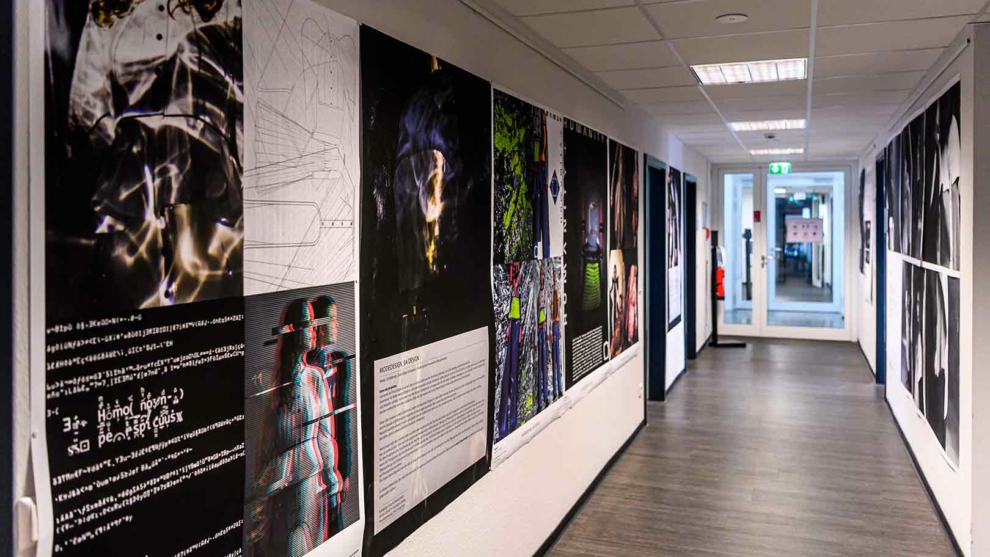
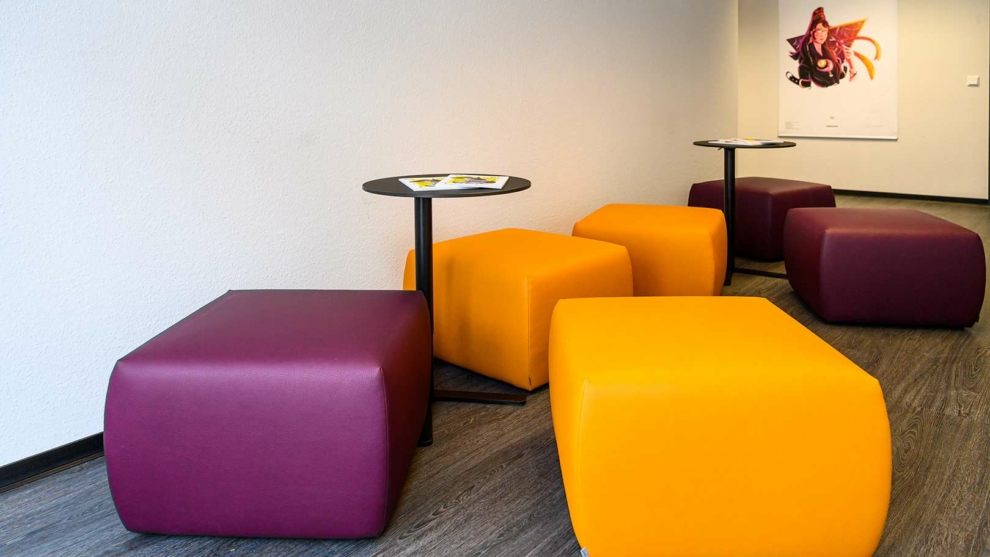
How to get to CEEGS
There are a couple of travel options available to get to Leipzig.
By airplane:
The best option here would be to book a flight to the airport Leipzig / Halle. From there, you have direct train access to Leipzig in about 15 minutes (with S5 / S5X). However, flights to Leipzig / Halle tend to be a little more expensive because it’s a small airport.
The second-best option would be a flight to one the Berlin airports. From there, you can take the train (preferably the ICE) to Leipzig, which will take in total around 1:30h. Trains on this route are cheap, if you buy them with time on www.bahn.de
www.skyscanner.net is a good option to compare flight prices.
By train:
Especially if you are travelling from within Germany or from Eastern Europe, trains can be a good option to get to CEEGS. The Leipzig main station is very close to the conference venue and city center.
Deutsche Bahn
By bus:
The cheapest option to travel within Germany or from countries close by is with Flix Bus (or some similar bus company). However, these trips take more time than the other options.
https://www.flixbus.de
Here are some of the accommodations nearby the venue in close walking distance that we can recommend:
The recommendations are not a guarantee of room availability. We recommend all our participants to book a room early before the event.
79 EUR
(until August 11, 2023)
99 EUR
(August 12 – August 31, 2023)
119 EUR
(September 1 – 15, 2023)
A reduced fee will be available for students and independent researcher: 49 EUR
More info29 EUR

Campus Director Leipzig

Professor at Campus Leipzig

Professor at Campus Munich

Professor at Campus Leipzig

Professor at Campus Stuttgart

Professor at Campus Cologne

Event manager

Campus Leipzig

President

Dean Faculty of Business, Design, Technology

Dean Faculty of Culture, Media, Psychology
Mateusz Felczak (SWPS University)
Pawel Frelik (University of Warsaw)
Jaroslav Švelch (Charles University in Prague)
Mikhail Fiadotau (Tallinn University)
Agata Waszkiewicz (independent researcher)
Silvester Buček (Academy of Performing Arts in Bratislava)